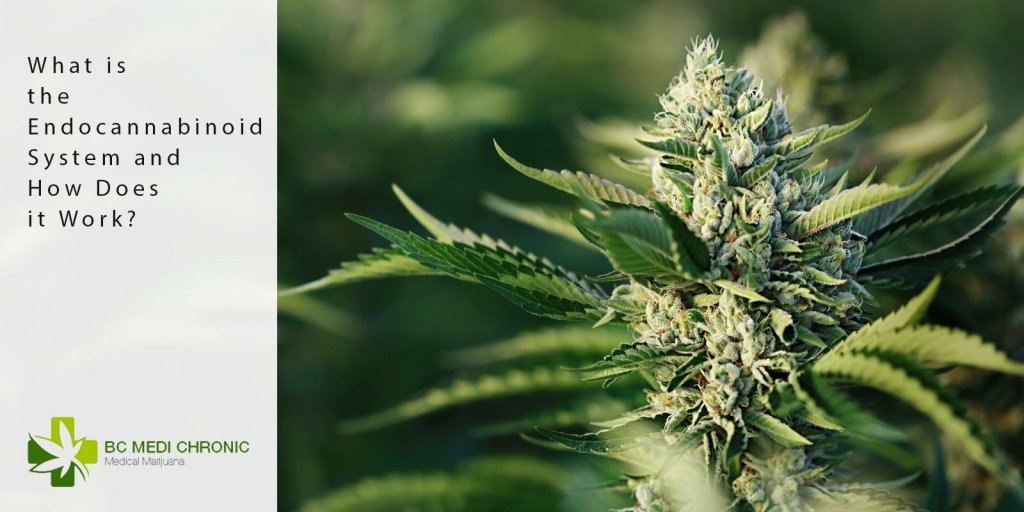The endocannabinoid system was discovered in the early 1990s by scientists who were studying marijuana for its medicinal properties. They found that there was an area of cells which had cannabinoid receptors on them called the “endocannabinoid system” because they thought it might be related to cannabis’s ability to create a high. It turns out they were correct!
The Endocannabinoid System
The endocannabinoid system (ECS) is a biological system in the human body that regulates homeostasis, or balance. The ECS has two types of cannabinoid receptors, CB1 and CB2, which are found in the brain and throughout the body. It is activated by cannabinoids, cannabis-derived compounds, with a variety of effects on different parts of the body. Cannabidiol (CBD), tetrahydrocannabinol (THC) and delta-9-tetrahydrocannabinol are examples of some cannabinoids found in cannabis plants. These substances are part of what makes cannabis so useful in treating pain relief, anxiety and other symptoms. Cannabinoids bind to these cannabinoid receptors to help regulate mood, appetite, pain sensation, and so much more.
Marijuana contains hundreds of chemicals, including cannabinoids like THC and CBD. These substances are part of what makes marijuana so powerful as a medicine. This helps explain why marijuana can help with illnesses such as epilepsy, cancer, AIDS and chronic pain.
The ECS affects different body functions in different ways. For example, the neurons responsible for memory are wired to the endocannabinoid system. If you have an imbalance of this neurotransmitter in your brain then you will have trouble forming memories or remembering what happened recently. The endocannabinoid system has also been found to be very important for addictive disorders such as drug addiction.
The ECS also helps regulates the following functions:
- Stress
- Emotion
- Memory
- Cognition
- Sleep
- Digestion
- Inflammation
- Psychomotor behavior
- Pain
- Immune function
- Metabolism
The ECS and Cannabidiol
CBD binds to CB1 receptors in the brain to affect mood, pain perception, appetite, anxiety and memory. It also binds to CB2 receptors in the immune system.
CBD has been known to improve sleep quality by binding to receptor sites in the hippocampus. This is important because poor sleep can lead to chronic stress which can lead to mental health problems as well as physical problems like lower immunity, increased inflammation and disease susceptibility.
Although CBD oil can be used as a supplement for overall health, it is most commonly used for medical purposes such as treating different types of inflammation, including arthritis, asthma, diabetes, cancer and others.
The ECS and Tetrahydrocannabinol (THC)
THC binds mainly with CB1 receptors found throughout our brains and bodies. It affects emotions like happiness and euphoria as well as cognitive functions like memory and attention span. THC also increases a person’s heart rate as well as their appetite for food or sex!
Conclusion
The endocannabinoid system manages the production and release of neurotransmitters in the brain, including dopamine and serotonin. It is also responsible for regulating important body functions, such as pain perception and mood. The ECS has been explored for its potential role in the treatment of chronic pain, which is often difficult to treat. In addition to pain relief, cannabis has also been used to treat a variety of medical conditions.
Whether you are seeking to buy weed online for medicinal or recreational purposes, BCMedichronic.org is your best place to buy premium quality cannabis products at affordable prices and with great customer service.

